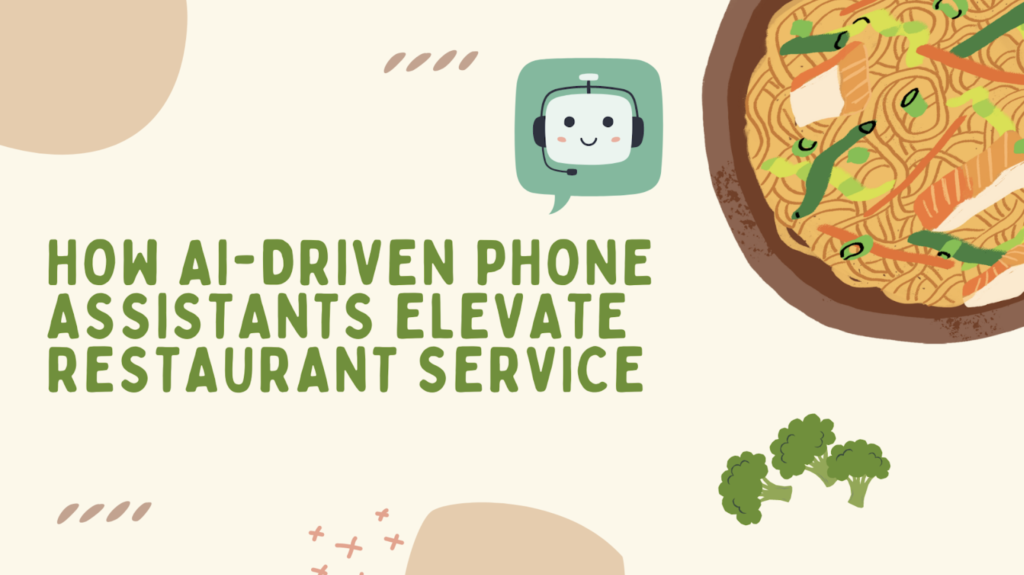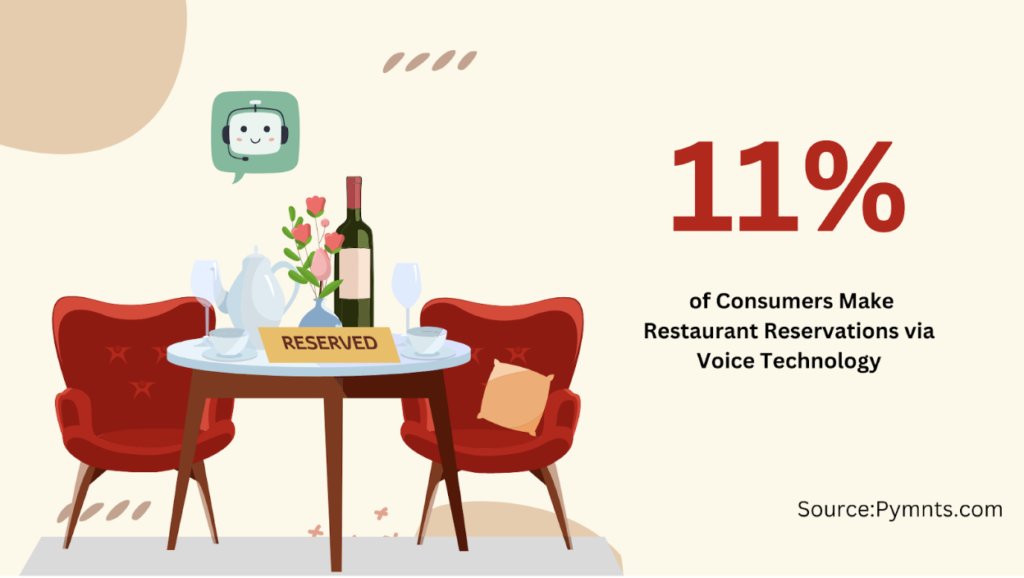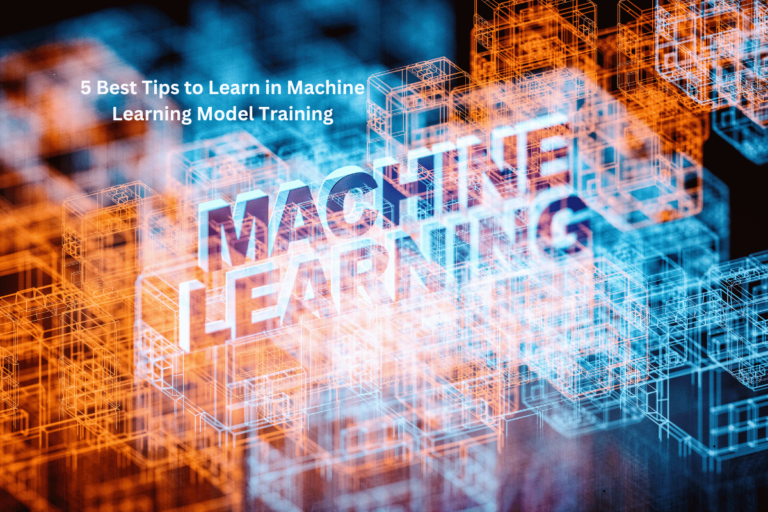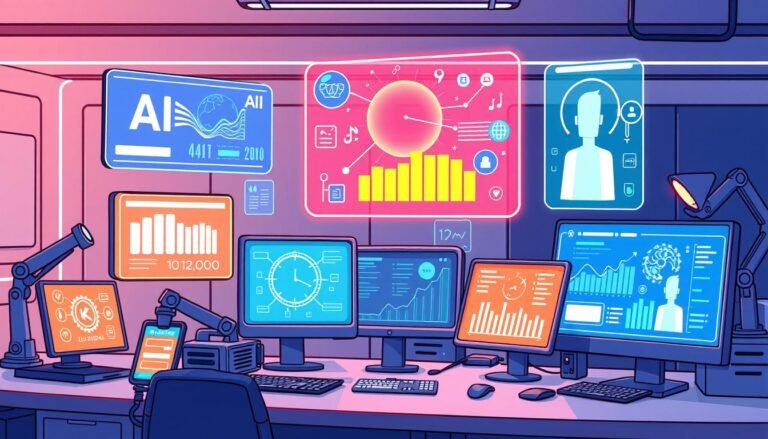How AI-Driven Phone Assistants Elevate Restaurant Service
In today’s fast-paced world, where convenience and efficiency are king, the restaurant industry is undergoing a technological revolution. One innovation leading the charge is the integration of AI-driven phone assistants. These cutting-edge systems are transforming the way restaurants interact with customers, streamlining operations, and enhancing the overall dining experience.
As consumer expectations continue to rise, restaurants must adapt to stay competitive. AI-driven phone assistants offer a seamless solution, blending advanced technology with personalized service. By leveraging artificial intelligence, these systems can handle everything from reservation management to customer engagement and data-driven decision-making.

Efficient Reservation Management
Managing reservations can be a daunting task, especially during peak hours or for large parties. AI-driven phone assistants have revolutionized this aspect of restaurant operations, providing both customers and staff with a seamless experience. These systems can handle complex requests, such as accommodating specific seating arrangements or coordinating multiple reservations for large groups or events.
By integrating with the restaurant’s floor plan and table management system, a robust restaurant phone system powered by AI can optimize seating arrangements, ensuring efficient use of available space and minimizing wait times for guests. Leveraging AI-driven restaurant phone systems streamlines reservation management, leading to more efficient operations and improved customer satisfaction.
- Real-time Availability Updates
- Automated Reminders
- Waitlist Management
With AI-driven phone assistants, restaurants can streamline the entire reservation process, from initial booking to seating management, resulting in a more seamless and enjoyable experience for both staff and customers.

Source: Pymnts.com
Enhanced Customer Engagement
AI-driven phone assistants excel at fostering better customer engagement and satisfaction. By providing instant responses to queries, proactive communication, and seamless feedback collection, these systems elevate the overall dining experience. With their ability to understand and respond to natural language, AI-driven phone assistants can engage in more conversational and personalized interactions, making customers feel valued and attended to.
Additionally, these systems can leverage customer data to make relevant recommendations, such as suggesting menu items based on previous orders or dietary preferences or informing guests about upcoming events or promotions that align with their interests.
- Instant Responses
- Proactive Communication
- Feedback Collection
By offering a more personalized and attentive experience through AI-driven phone assistants, restaurants can enhance customer loyalty, increase repeat business, and foster positive word-of-mouth recommendations.
Data-Driven Insights and Decision Making
One of the most significant advantages of AI-driven phone assistants is their ability to collect and analyze vast amounts of data. This invaluable information can inform strategic decisions, driving menu optimization, pricing strategies, and operational efficiency. By leveraging machine learning algorithms, these systems can identify patterns and trends that may be difficult for human analysts to detect, providing restaurants with actionable insights to make data-driven decisions.
For example, AI-driven phone assistants can analyze customer feedback, social media mentions, and online reviews to identify emerging preferences or areas of concern, allowing restaurants to proactively address issues or capitalize on opportunities.
- Menu Optimization
- Pricing Strategies
- Predictive Analytics
By leveraging the power of data and predictive analytics, restaurants can stay ahead of the curve, anticipating consumer trends and adapting their offerings accordingly.
Integration with Existing Systems
To maximize the benefits of AI-driven phone assistants, seamless integration with existing restaurant management software is crucial. Many AI providers understand this need and have developed solutions that seamlessly integrate with popular point-of-sale (POS) systems, inventory management tools, and customer relationship management (CRM) platforms.
This integration not only eliminates the need for manual data entry and reduces the risk of errors but also enables real-time updates and synchronization across all systems. For instance, when a customer places an order through the AI-driven phone assistant, the order details can be automatically transmitted to the POS system, and the inventory levels can be adjusted accordingly.
- Unified Data Flow
- Streamlined Workflows
- Enhanced Reporting
While integration challenges may arise due to legacy systems or proprietary software, AI providers are continuously working to develop robust APIs and connectors to ensure compatibility and facilitate smooth transitions.
Future Trends and Considerations
As the restaurant industry continues to evolve, so too will the capabilities of AI-driven phone assistants. Emerging technologies, such as advanced natural language processing (NLP) and computer vision, are poised to further enhance the customer experience. For example, with improved NLP capabilities, AI-driven phone assistants could engage in more nuanced conversations, understanding and responding to complex queries or even engaging in casual banter with customers. The global Natural Language Processing (NLP) market reached USD 24.10 billion in 2023 and is expected to grow to USD 158.04 billion by 2032, with a projected CAGR of 23.2% during the forecast period, starting from USD 29.71 billion in 2024.
Additionally, computer vision could be integrated to allow customers to upload images of desired dishes, and the AI system could identify and make recommendations based on the visual input.
- Conversational AI
- Visual Menu Recognition
- Predictive Maintenance
However, with the rapid advancement of AI technology, concerns regarding data privacy, algorithmic bias, and the potential displacement of human workers must be addressed. Restaurants must prioritize transparency, ethical practices, and ongoing training for their staff to ensure a harmonious integration of AI and human expertise.
In Conclusion
The integration of AI-driven phone assistants in the restaurant industry is a game-changer. By leveraging advanced technologies such as voice recognition, predictive analytics, and seamless integration, these systems are revolutionizing the way restaurants interact with customers, manage operations, and drive business growth.
From streamlining reservation processes to enhancing customer engagement and data-driven decision-making, AI-driven phone assistants offer a comprehensive solution to elevate restaurant service. As technology continues to evolve, restaurants that embrace innovation and adapt to changing consumer preferences will undoubtedly gain a competitive edge in the dynamic hospitality sector.
unlock the full potential of AI-driven phone assistants for your restaurant. Schedule a consultation with our experts today to learn how you can elevate your service, streamline operations, and deliver exceptional dining experiences that keep customers coming back.
Frequently Asked Questions (FAQs)
1. Are AI-driven phone assistants cost-effective for small restaurants?
AI-driven phone assistants are increasingly affordable and scalable for businesses of all sizes. Many providers offer flexible pricing to make the technology accessible, and the efficiency gains can lead to a positive return on investment.
2. How do AI-driven phone assistants ensure data privacy and security?
Reputable AI providers implement robust data encryption, security protocols, and compliance with privacy regulations like GDPR and CCPA. Many also offer customizable privacy settings for restaurants.
3. Can AI-driven phone assistants replace human interaction in restaurants?
No, AI assistants are designed to complement human service, not replace it entirely. The goal is to balance automation with personal human interaction to deliver superior service overall.







